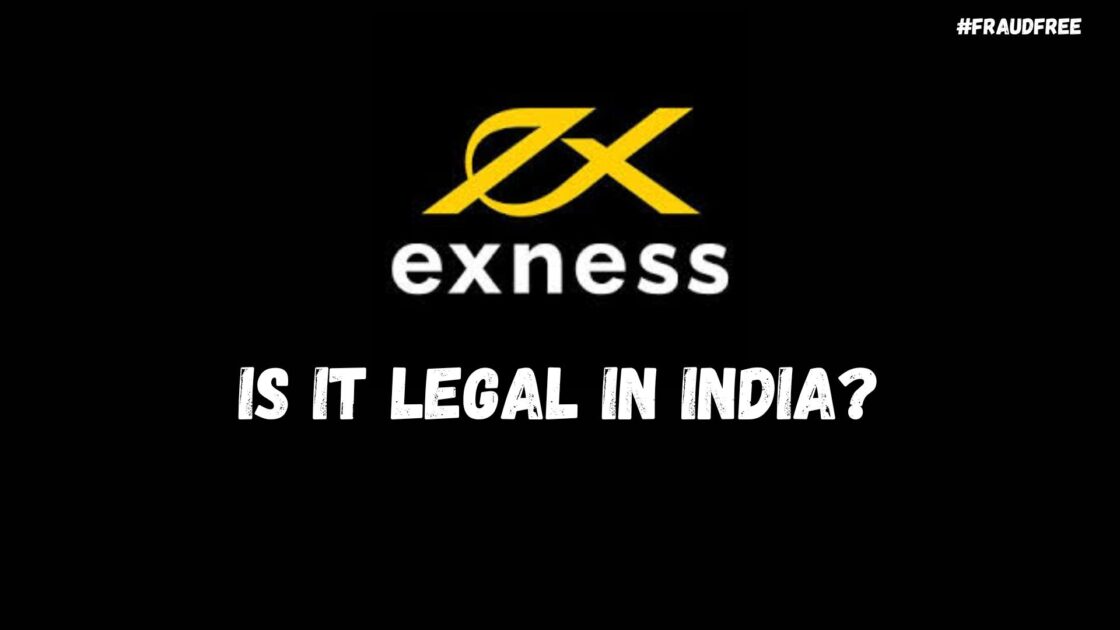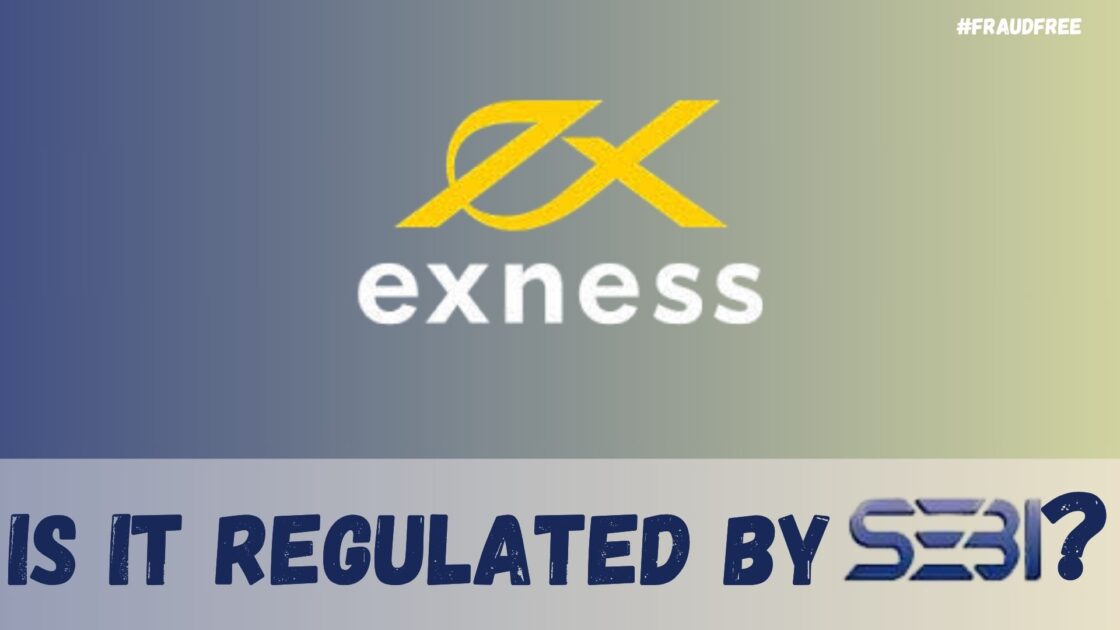Ever heard of Aifeex? It’s all over social media, promising AI-powered crypto magic, guaranteed profits, and even global partnerships. Sounds too good to be true? That’s because it probably is. Let’s get into the details of Aifeex review to find the reality behind the platform’s claim.
What is Aifeex?
Aifeex claims to be an AI-powered investment platform for crypto and digital assets. It advertises:
- “92% trading accuracy” from its Takwin AI system.
- Smart portfolio management, notifications, and multiple investment modes.
- Big promises of effortless, high returns—sometimes up to 730%.
- Referral and team bonuses for recruiting others.
Aifeex also highlights a supposed US registration and global partnerships, but has a strong India-focused outreach. Most promises aren’t backed by visible regulation or credible audits.
Aifeex claims you can earn easy, outsized returns—potentially up to 730%—simply by following their AI-driven advice. All the “hard work” is handled by their tech, and if you recruit others, you can pocket sweet bonuses and team payouts.
Most of these promises aren’t backed by regulatory oversight, independent audits, or real technical transparency.
Their main game isn’t just trading but growing their reach by convincing you to invite friends and family. They celebrate “international events,” post photos of big seminars, and offer rewards if you get more people to sign up.
While Aifeex shouts about “92% accuracy” and life-changing returns, a closer look reveals trouble: missing regulations, withdrawal headaches, and loads of scam alerts. Indian investors, especially, are being targeted—and many are already facing losses.
Is Aifeex the real deal, or just another online scam?
Behind the scenes, the main engine is your money and the money of new recruits, NOT real profits from markets or smart AI. Aifeex spends more time marketing and recruiting than actually investing. That’s your big red flag.
Is Aifeex Running a Ponzi Scheme?
To find the right answer, it is important to know how to identify ponzi scheme.
Aifeex presents several clear warning signs typical of scam investment platforms:
- No regulatory oversight: Aifeex is not authorized or monitored by any top-tier financial regulator such as SEBI in India. Lack of regulation means investors have no legal protection or recourse for lost funds.
- Guaranteed or unrealistic returns: Promises of “risk-free” profits, “92% trading accuracy,” or daily/annual returns up to 730% are classic hallmarks of fraudulent schemes. Legitimate platforms never guarantee returns, especially in volatile markets like crypto.
- Multi-level marketing and pyramid structures: Aggressive incentives to recruit others, multiple levels of commissions, and bonus payouts signal MLM and Ponzi-style setups that depend on continuous new deposits to survive.
- Fake credentials and partnerships: Claims of connections with major crypto exchanges (Binance, OKEx) are not supported by those companies. Aifeex also invents international backgrounds and technical credentials without independent verification or transparency.
- No transparency or contact details: The platform offers no clear company address, lacks real products or trading records, and often directs users to private download links or affiliate groups rather than regulated app stores.
- Aggressive, misleading marketing: High-pressure sales tactics, misleading bonuses, and “limited-time offers” are used to induce quick deposits and discourage research or due diligence.
Aifeex Withdrawal Problem
One of the most alarming issues with Aifeex is the wave of withdrawal complaints pouring in from users. Reports and independent reviews describe frozen accounts, sudden “processing fee” demands, and stalled payouts, patterns that align with Ponzi-style tactics.
This isn’t just speculation.
For Indian traders, the Aifeex withdrawal problem is more than an inconvenience; it’s a serious warning.
Once money is deposited, users often face frozen accounts, sudden “unlock fee” demands, or endless delays in releasing funds. Since Aifeex is not registered with SEBI or any Indian regulator, there’s no legal protection if your money is blocked.
If you’re affected, act quickly by filing a complaint.
How to Report Ponzi Scheme?
If you lose money or suspect fraud with Aifeex, don’t panic—here’s exactly what you can do:
RBI Sachet Portal
- Go to the RBI Sachet portal (search “RBI Sachet” in your browser).
- Click on ‘File a Complaint’.
- Select ‘Report Unregulated Entity’.
- Fill in all your details and describe the scam (mention Aifeex and attach any documents or payment proof).
- Submit your complaint—you’ll get a reference number for tracking.
File a Cyber Crime Complaint
- Visit cybercrime.gov.in.
- Click on ‘File a Complaint’ and then select ‘Online Financial Fraud’.
- Register/Login if asked.
- Upload all screenshots, chat logs, emails, and payment receipts you have.
- Fill out the form with as many details as possible, then submit.
- Save your complaint reference number for future updates.
Complaint in SEBI
- Draft a complaint
- Attach all the proof
- Send the draft along with proof via email to SEBI.
Lodge an FIR
- Collect all evidence, messages, payment slips, emails, and any KYC docs you shared.
- Go to your nearest police station or local Economic Offences Wing office.
- File a written FIR—clearly explain what happened with Aifeex and provide all your proof.
- Get a copy of your FIR for your records.
Need help?
Register with us, and we will guide you through the process involved to report the complaint on respective platform using right protocol.
Be as specific and detailed as possible when describing the issue. The more information you provide, the easier it is for authorities to act—and for others to avoid the same trap. Never pay “unlock fees” or more money to anyone promising a quick fix.
Conclusion
Aifeex comes loaded with flashy promises, but behind all the hype are clear signs of a Ponzi scheme—fake profits, blocked withdrawals, aggressive recruiting, and zero regulation.
If you’re an Indian investor, the best advice is to stay far away. Don’t invest, don’t share your details, and don’t get pressured into bringing in friends and family.
If you’ve already been affected, act fast: report through the RBI Sachet portal, cybercrime site, your bank, and police. Share your experience online to warn others.
Always trust only regulated platforms. Your money—and your peace of mind—are worth more than any “guaranteed return.” Stay sharp, spread the word, and let’s protect each other from financial scams.







